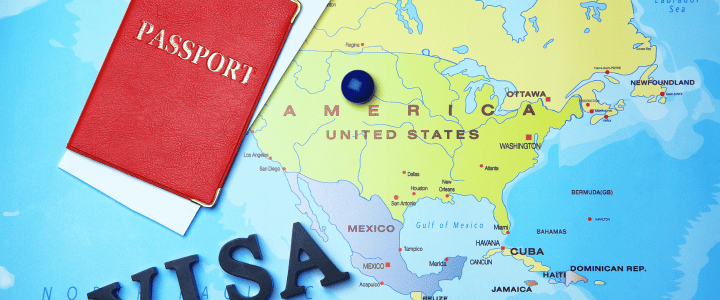President Trump’s Executive Order Challenges Birthright Citizenship:
On January 20, 2025, President Donald Trump signed Executive Order 14156, titled “Protecting the Meaning and Value of American Citizenship,” aiming to end birthright citizenship for children born in the United States to non-citizen parents. This move has ignited significant legal debates and challenges, as it seeks to reinterpret the Citizenship Clause of the Fourteenth Amendment.
Understanding Birthright Citizenship
Birthright citizenship, or jus soli, is the principle that grants citizenship to any individual born on a country’s soil, regardless of parental citizenship. In the United States, this right is enshrined in the Fourteenth Amendment, which states:

“All persons born or naturalized in the United States, and subject to the jurisdiction thereof, are citizens of the United States and of the State wherein they reside.”
Historically, the U.S. Supreme Court’s decision in United States v. Wong Kim Ark (1898) affirmed that children born in the U.S. to foreign parents are citizens, provided the parents are not foreign diplomats or enemy soldiers.
Provisions of Executive Order 14156
President Trump’s executive order redefines the interpretation of “subject to the jurisdiction thereof” within the Fourteenth Amendment. The order specifies that U.S. citizenship at birth will no longer be granted in the following situations:
- When the mother was unlawfully present in the U.S., and the father was neither a U.S. citizen nor a lawful permanent resident at the time of birth.
- When the mother was in the U.S. on a temporary status (e.g., student, work, or tourist visa), and the father was neither a U.S. citizen nor a lawful permanent resident at the time of birth.
These provisions are set to take effect on February 19, 2025, applying to individuals born on or after this date.
Legal Challenges and Implications
The executive order has been met with immediate legal opposition. The American Civil Liberties Union (ACLU) and the Asian Law Caucus have filed lawsuits challenging the order’s constitutionality, asserting that it violates the clear intent of the Fourteenth Amendment. Additionally, eighteen state attorneys general have initiated legal proceedings to block the order’s implementation.
Legal experts widely contend that altering birthright citizenship through an executive order exceeds presidential authority and would require a constitutional amendment. The outcome of these legal battles will have profound implications for the interpretation of citizenship rights in the United States.
Broader Context of Immigration Policies
This executive order is part of a broader agenda by President Trump to reshape U.S. immigration policies. Other actions include deploying troops to the southern border, reinstating the “remain in Mexico” program, and initiating large-scale deportations. These measures reflect a significant shift in the nation’s approach to immigration and border security.
Conclusion
President Trump’s attempt to end birthright citizenship through Executive Order 14156 represents a pivotal moment in U.S. constitutional and immigration law. As legal challenges proceed, the nation awaits clarity on the future of birthright citizenship and its alignment with the principles enshrined in the Fourteenth Amendment. Source Article.

